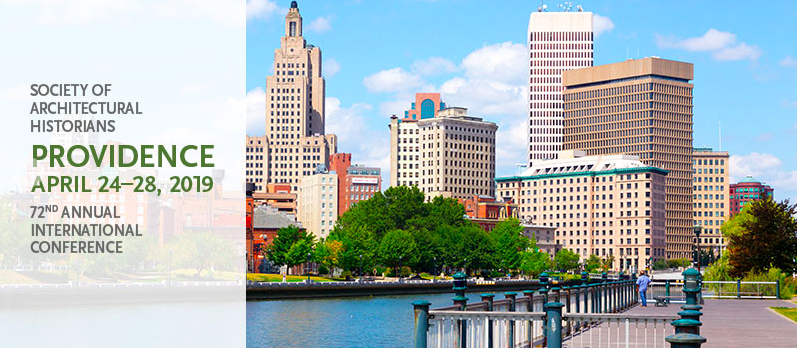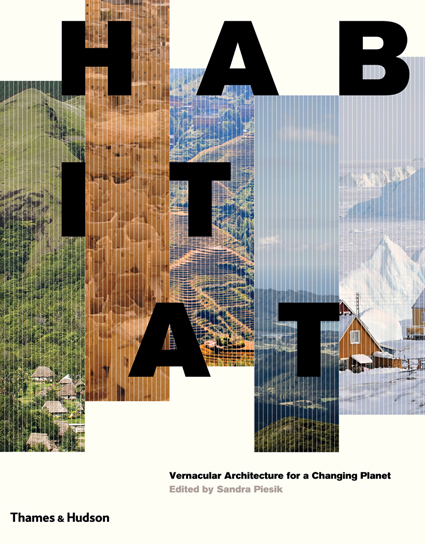CFP Land, Air, Sea: Environment during the Early Modern Period
72nd Annual International Conference of the Society of Architectural Historians
Where: Providence, Rhode Island, USA
When: April 24 – 28, 2019
Deadline for abstracts: Jun 5, 2018
Contrary to certain strands of scholarship, environmental thinking about ideas of climate, energy, and habitat were at stake several hundred years before the start of the twentieth century. This panel aims to explore how earlier practices concerning architecture and the environment preceded more modern concepts of environmental exploitation and the consequences of man-made interventions. We intend to understand how architectural practices were stoked by the extraction of natural resources during the early modern era. Construction in Venice, for example, meant the state was preoccupied with managing timber resources in the terra firma. During the Age of Exploration, European shipbuilding likewise led to the depletion of timber reserves in places including present-day Iceland, Portugal, and areas located along the Mediterranean. Such deforestation is also evident in practices in sixteenth-century New England by British and French pioneers and seventeenth-century Dutch East Indies traders, who ravaged the northern trees of Java.
Recent concepts of the Anthropocene have centered mainly on questions of sustainable design and technologies from the nineteenth and twentieth centuries. However, ideas of the environment originating within the early modern period provide important markers of the pre-history of many of these developments in architecture and urbanism, both within Europe and in its colonial territories. We welcome papers from the late medieval period to the eighteenth century which outline how architectural practices in diverse habitats began to forecast some of the contemporary problems addressed today by environmentalists. How did the micro-climates in Europe, Asia, the Americas, and Oceania affect the architectural and urban development of settlements and coastal cities? Or how did industry drive the construction of buildings and infrastructure including factories, ports, shipyards, and trading depots? How was architecture impacted by state policies towards forest conservation and land management?
Session co-chairs: Jennifer Ferng, University of Sydney, and Lauren Jacobi, MIT
The 72nd Annual International Conference of the Society of Architectural Historians will take place on April 24-28, 2019 in Providence, Rhode Island.
Applicants must submit a 300-word abstract and CV through the online portal of the Society of Architectural Historians.
Further details of the submission guidelines are available at www.sah.org.
Please do not send materials directly to the panel co-chairs.
Submission of proposals to the SAH online portal closes at 11:59 on June 5, 2018 (Central Daylight Time).











